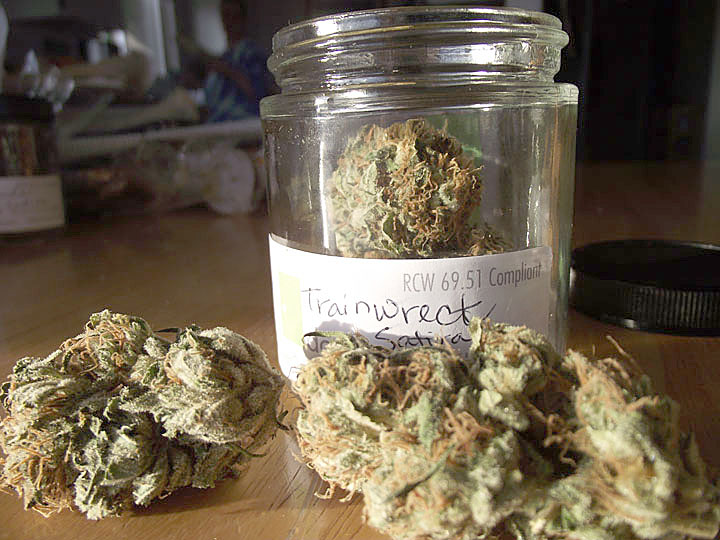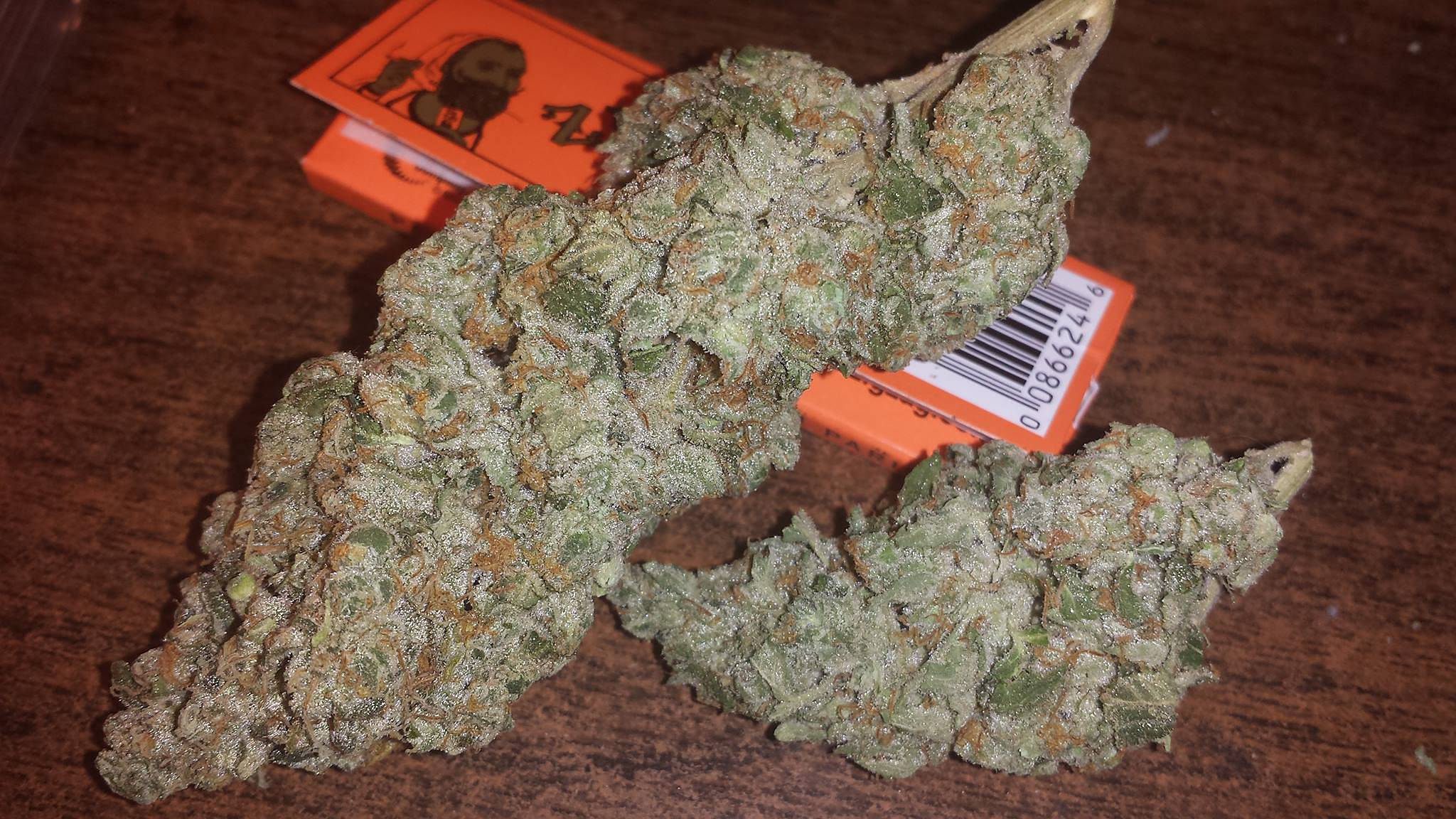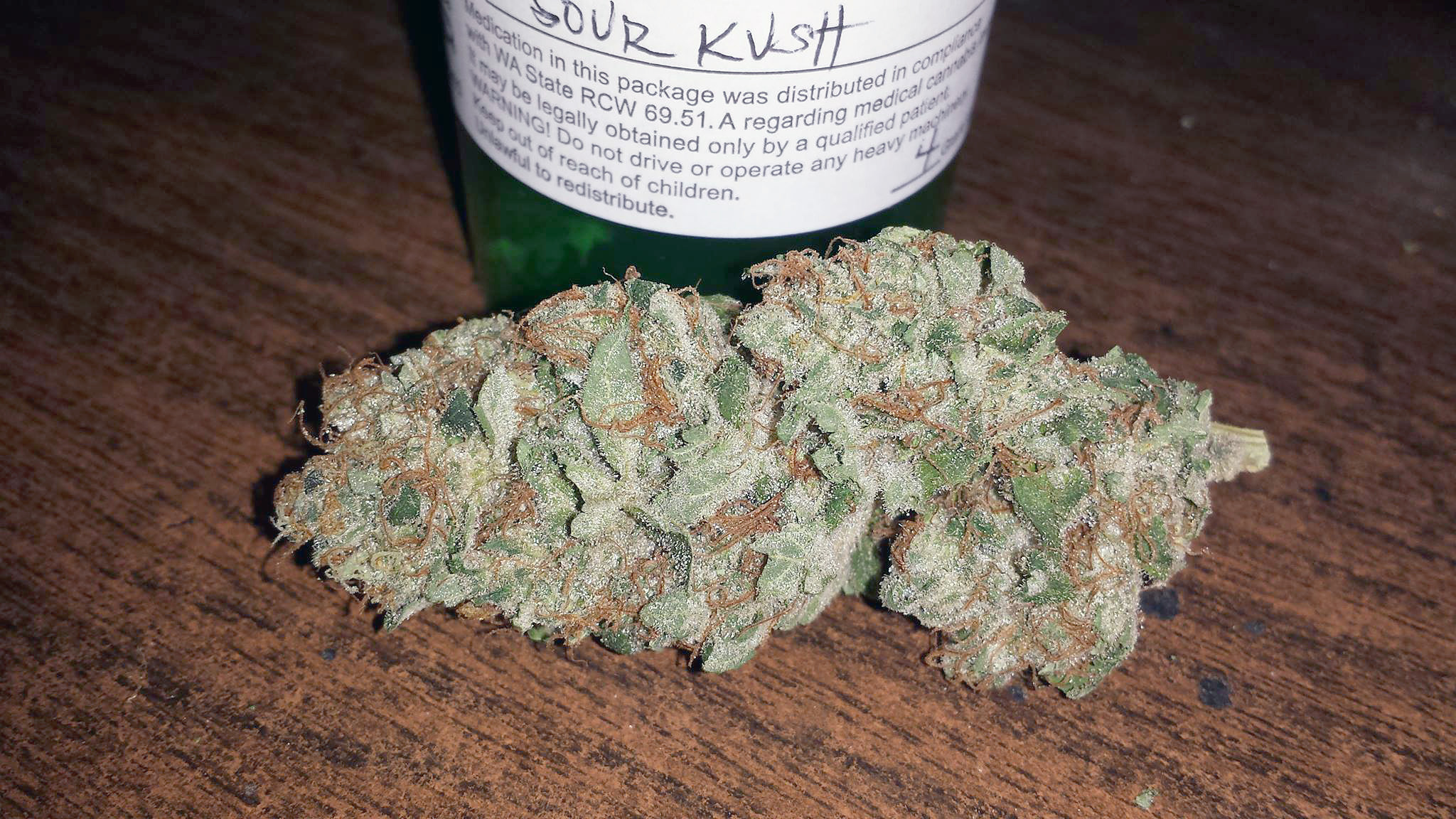As we all know, adult marijuana possession—well, possession of up to an ounce, anyway—has been legal in Washington since shortly after voters approved Initiative 502 in November 2012. But you can’t just walk into a medical-marijuana dispensary and buy a legal ounce, even if you’re over 21; dispensaries sell only to authorized Washington residents with their paperwork in order.
So why, more than a year after voters had their say, can’t you go into a state-licensed recreational-pot store and buy that legal ounce you were promised?
Beyond that, why do Washingtonians get to watch Coloradans joyously visit their pot stores on New Year’s Day and get all the positive press, when, according to the most optimistic estimates, it will be at least six more months before any such weed stores open in the Evergreen State?
The short answer: Colorado has a somewhat better law and a much more logical way of implementing it. They’re rolling out recreational-marijuana legalization by, at first, limiting pot-store applicants to those who are already operating medical-marijuana dispensaries. After all, why reinvent the wheel when there are already hundreds of what are, effectively, pot stores operating in the state—stores with extensive experience vending cannabis in a retail environment?
Why, indeed? And why oh why does our state Liquor Control Board—whose members might be twiddling their thumbs now if not for marijuana (considering they were for all practical purposes fired by voters from their former job, selling booze in the state)—seem intent on alienating medical-cannabis patient collectives (also known as “dispensaries”), rather than, as Colorado is, incorporating their expertise into the process?
Be that as it may, it appears there won’t be anyplace to legally buy recreational marijuana in Washington state until at least June. Once that happens, the Liquor Control Board is recommending to the legislature that patient collectives be eliminated—even though they tend to grow medicinal strains and have valuable knowledge concerning the most effective ways to use them.
Will the legislature take the LCB’s recommendation and eliminate medical-marijuana dispensaries? It’s starting to look inevitable—and that will come with a heavy price.
First will come a reduction in safe access for patients. Take Seattle, for example, where more than 220 patient collectives currently provide access to medical cannabis. Under limits imposed by I-502, Seattle will be allowed only 21 retail marijuana outlets. Once collectives are shut down, access points will be reduced by 90 percent—and recreational-marijuana stores may not even bother to carry more medicinal strains.
Most observers predict that the legislature won’t dare shut down patient collectives before recreational 502 stores open, so that means dispensaries will probably be open through June. Some optimists predict that the coming legal battle means dispensaries may even survive to the end of 2014.
tokesignals@seattleweekly.com
Steve Elliott edits Toke Signals, tokesignals.com, an irreverent, independent blog of cannabis news, views, and information.








